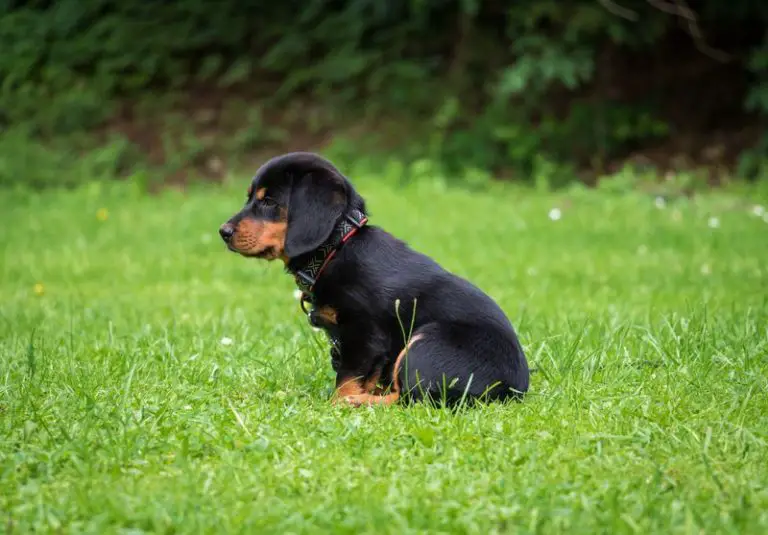Can My Puppy Eat Yeast? Signs, Symptoms, Treatments & Prevention
Can my puppy eat yeast? This is a question so many dog owners wonder at some point in their life. A lot of dogs love to munch on pretty much anything they can get their paws on, fresh bread is no exception.
Puppies require more calories in their diets than adult dogs because of how rapidly their little bodies are growing. So, you may think that sneaking a piece of bread into their diets might help add some extra calories. This isn’t a good idea at all.
The short answer to the question “Can my puppy eat yeast?” is No.
You should always avoid feeding yeast and yeast products to your puppy. The same goes for adult dogs as well. Yeast is not safe for any canine to ingest.
I Fed My Puppy Bread Containing Yeast, Should I Be Worried?

Nothing beats the smell of freshly baked bread. If that delicious aroma makes you drool just imagine how your puppy is feeling.
It’s not just fresh bread that dogs want. A lot of dogs wait patiently, looking forward to the last bite of their human’s sandwich or burger.
It seems as though dogs love the taste of bread just as much as humans do. So how worried should a person be if they fed their dog bread?
For the most part, you shouldn’t have to worry if you only feed your dog bread once in a while. The yeast in raw dough is what causes problems in your dog’s stomach.
Although it is not recommended to give your dog bread to eat often, there likely won’t be damage caused by having a little bit every now and then.
Think of giving bread to a dog as similar as giving a hot fudge sundae to a child. They will get sick if they eat a larger portion and have it frequently. However, having it as a treat once in a while shouldn’t hurt.
So, if your dog looks forward to the last bite of your burger then you don’t have to deprive them of that.
However, if you do let your dog eat bread it should only be plain white or whole wheat bread.
Avoid giving them bread that has any extras in them, such as nuts, raisins, garlic, etc. Those ingredients can potentially get your dog sick.
What Could Happen If My Puppy Eats Yeast?

Now that you know why you shouldn’t let your puppy eat yeast, you probably want to know why.
What is the thing yeast is known for doing in the dough? Rising!
If your puppy ingests yeast from the raw dough (or even just straight yeast from the package) then it could potentially rise in their stomach.
When yeast is in a warm and moist environment, it really starts to thrive and will begin to rise. A puppy’s stomach is a prime spot for the yeast to rise and expand.
If this happens it can cause some problems for your pooch. Their stomach could start to expand with the yeast as it rises.
If your puppy ingests yeast and it gets left untreated then there are two potential risks that could occur: Bloat and alcohol poisoning.
Yeast Can Cause Bloat In Puppies.
Have you ever made bread from scratch before? If you answered yes to that then you are most likely familiar with how easily yeast rises. Within a couple of hours, your bread dough has doubled in size. Now just think about that happening in your puppy’s stomach. Even after they have eaten it, the dough still continues to expand.
As mentioned above, your puppy’s stomach is an ideal spot for yeast to grow rapidly.
If they eat raw bread dough (or any other form of raw yeast) then they could be at risk of bloat. This will cause your puppy to become full of gas that they won’t be able to release.
When this happens, their stomach will expand because of all the pressure that is increasing. This could cause them to suffer from numerous uncomfortable side effects, such as:
- Reduced Blood Flow
- Ruptured Stomach Lining
- Damaged Cardiovascular System
- Increased Pressure on Diaphragm
There’s always the chance that your puppy may sneak a bite of raw dough without your knowledge. If that happens and you suspect they may have bloat, here are the symptoms to watch out for:
- Shallow Breathing
- Drooling
- Bloated Abdomen
- Anxious or Restless
- Heavy or Rapid Panting
- Attempts to Vomit
- Pacing
If your puppy consumes yeast and you think that they may have bloat always contact your vet for further advice and recommendations.
Yeast Can Cause Alcohol Poisoning In Puppies
Yeast is a common ingredient in beer, and it is essential for the fermentation process that makes the drink alcoholic.
You shouldn’t give your puppy any type of alcohol in the first place. Your puppy doesn’t have to have a drink of beer to get alcohol poisoning from yeast.
When yeast is in the raw dough it creates ethanol as it starts to ferment. Ethanol can be absorbed into a puppy’s bloodstream very easily. This doesn’t just get a puppy drunk, it can cause some very serious complications such as:
- Disorientation
- Tremors
- Hypothermia
- Hypoglycemia
- Respiratory Depression
If you believe your puppy may have alcohol poisoning from the ethanol produced in the raw dough, these are some of the symptoms to look out for:
- Attempts To Vomit
- Staggering
- Hyperactivity
- Drooling
- Weakness
- Panting
- Decreased Reflexes
How the symptoms affect your puppy will vary depending on their size and how much food was in their stomach beforehand. Some dogs may show symptoms in as little as half an hour, where other dogs may not begin to feel anything for about 3 hours.
Always contact your vet upon signs of alcohol poisoning in your puppy. If left untreated it could lead to more major problems such as a heart attack or even death.
Treating a Puppy With Bloat or Alcohol Poising caused by Eating Yeast
Our puppies aren’t much different from us. Sometimes they get an upset stomach, and as a dog owner you probably want to help your puppy to ease the discomfort. It’s very common for a person to eat a slice of toast when their stomach is upset. A lot of people think that this is also helpful for their pooch.
We don’t recommend any sort of bread product to feed your puppy when they have an upset stomach. It will actually put them at risk of possibly getting sicker. If you want to help ease their upset stomach, you are better off feeding them white rice and plain boiled chicken.
Of course, you may not have the time to cook a whole separate meal for your puppy, especially if they may not eat it. Instead of giving your puppy a piece of toast for an upset stomach, we recommend trying Natural Care For Dogs Tummy Soothe or HomeoPet Digestive Upsets.
Natural Care For Dogs Tummy Soothe

These drops are an all-natural stomaching soothing product to help relieve your dog’s upset stomach. It is made from ginger, pectin, and peppermint oil. You can give the drops directly to your puppy or mix them with their food if they are picky. They may help with your puppy’s digestive issues, diarrhea, gas, and other stomach issues.
HomeoPet Digestive Upsets

This pure and all-natural formula is developed to help ease the discomfort that pets with sensitive stomachs may experience. If your pet is prone to vomiting or diarrhea, they may find relief from HomeoPet Digestive Upsets. There are no harsh chemicals or known side effects associated with this product.
Yeast ingestion Prevention For Puppies? Final Thoughts
You should never let your puppy consume raw dough or any other product where the yeast has yet to rise. If your puppy does eat yeast you should always consult your vet and monitor them for symptoms. If your puppy only ingested a small amount, your vet may suggest you induce vomiting if they show any symptoms of bloat or alcohol poisoning.
To prevent your puppy from eating yeast always pay attention to what you are doing when you are cooking.
When waiting for the dough, always leave it in an area where your puppy can’t get to it. You may have to put it in a bedroom with the door closed if your puppy is persistent.
Always give your prepping area a thorough cleaning after using yeast or products with yeast. All it takes is a little bit of fallen bread dough on the floor to potentially put your puppy’s life at risk. Make sure all your counters have been wiped down, dishes have been cleaned off, and the floor has been swept.
To be extra cautious that your puppy doesn’t come into contact with yeast, don’t leave any open packets of yeast around. Make sure any unused yeast has been put away in a sealed container or jar.
These little steps could save your puppy from a lot of unwanted problems.
I hope that this article has been both helpful, informative and has answered your questions pertaining to yeast and your puppy’s health.

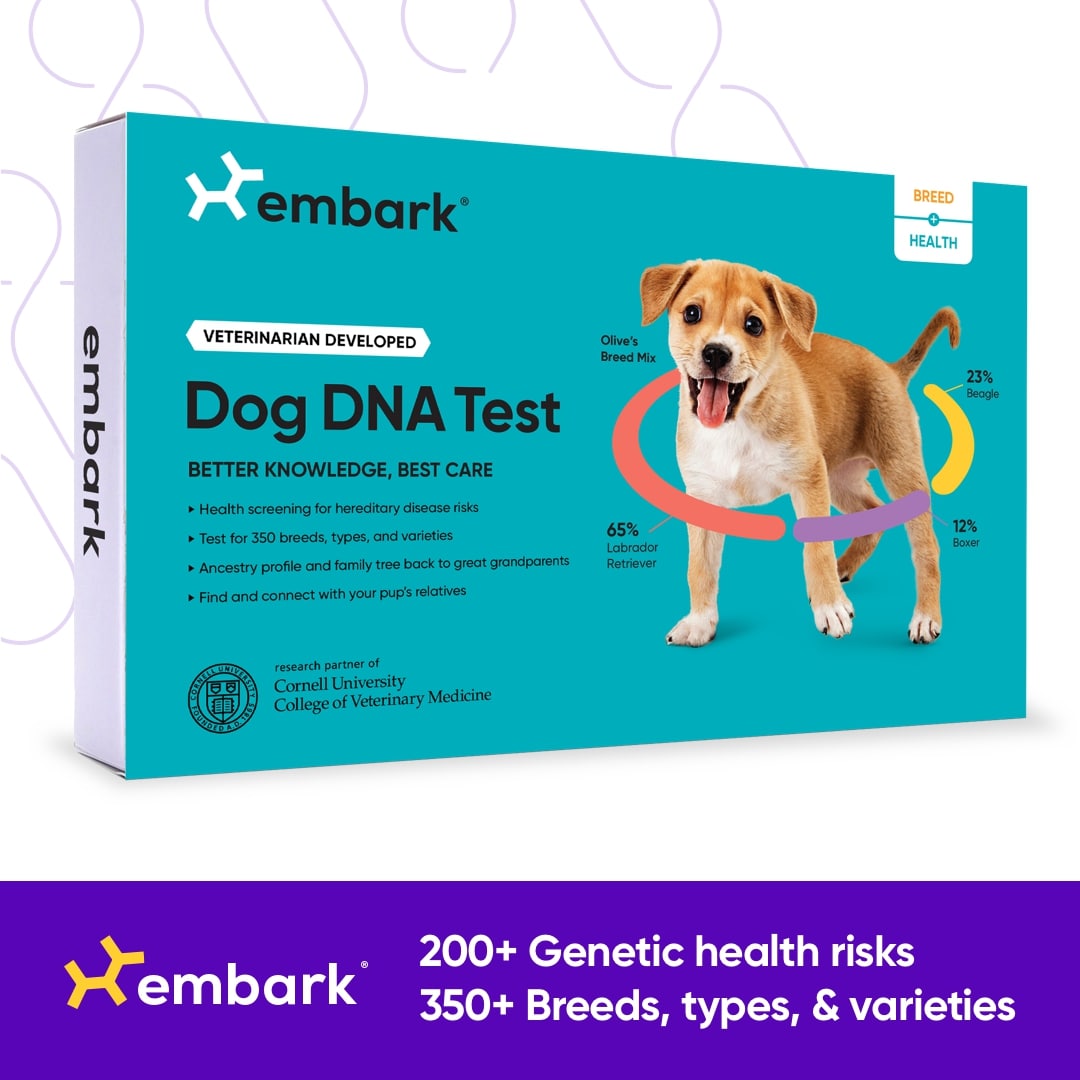


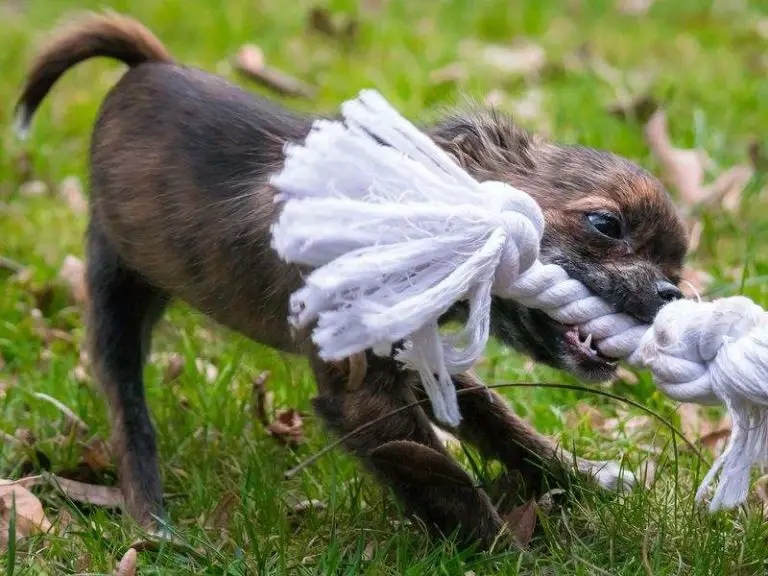

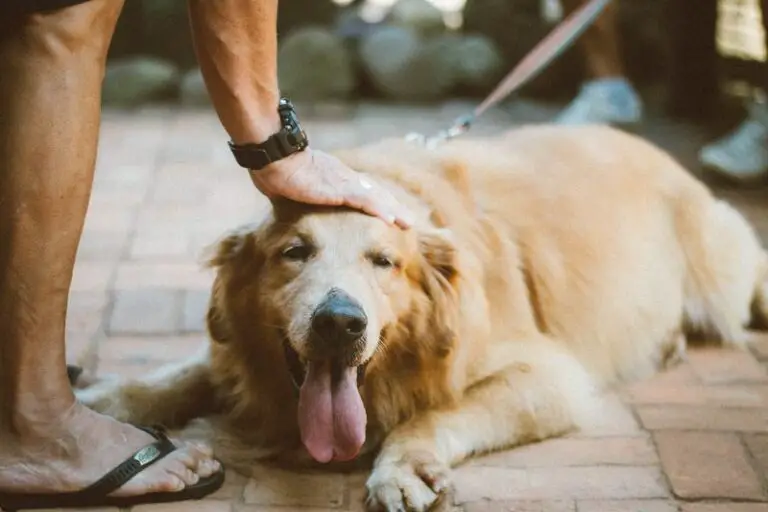
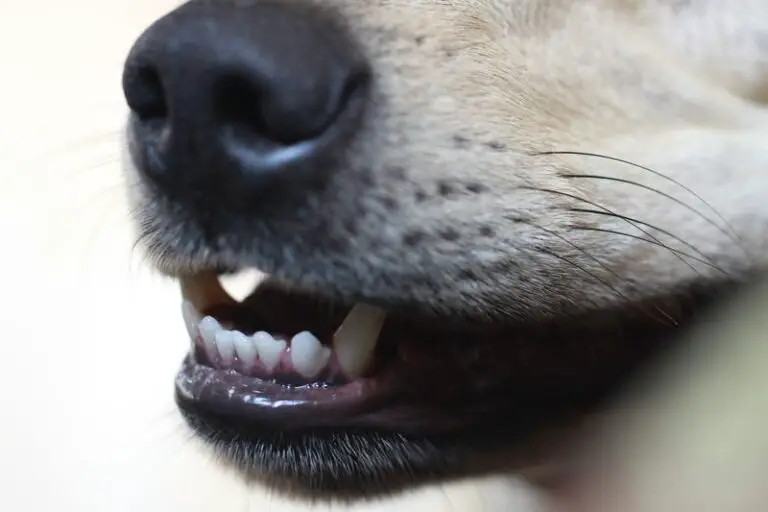
![How to Get A Dog to Drink Water After Surgery [Helpful DIY Guide]](https://smarterpuptraining.com/wp-content/uploads/2020/10/how-to-get-your-dog-to-drink-water-after-a-surgery-1-768x512.jpg)
